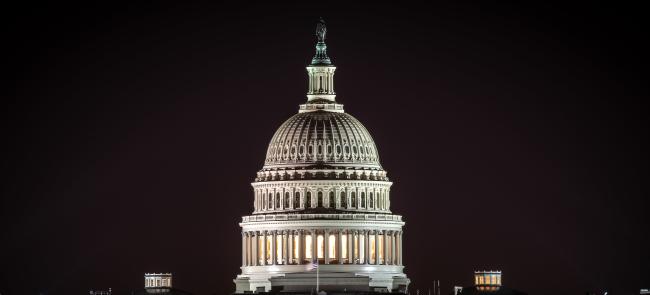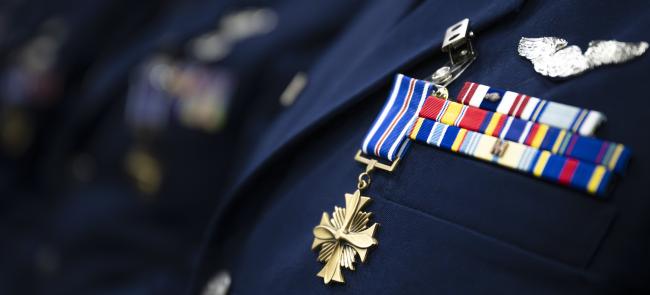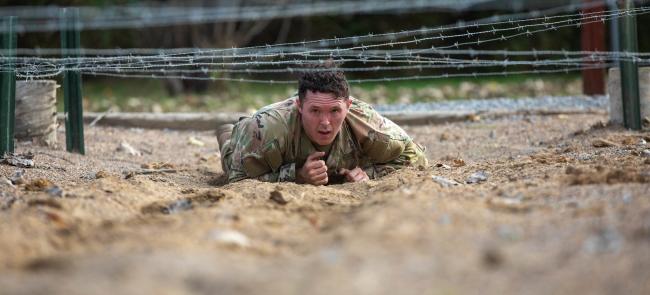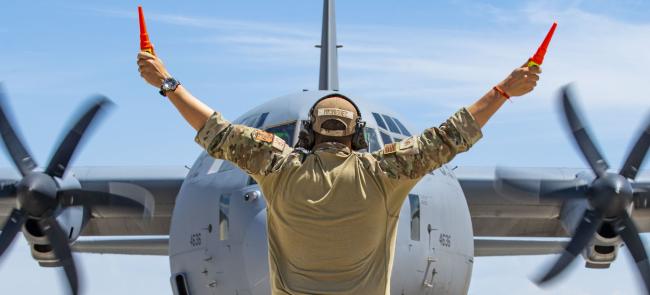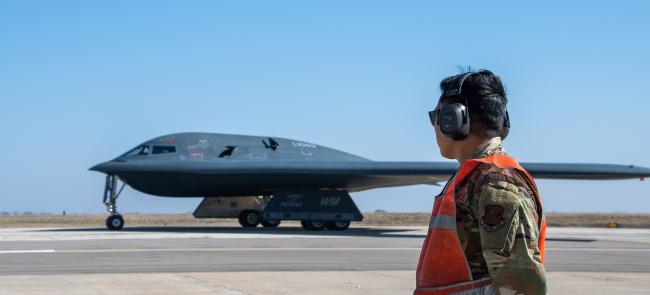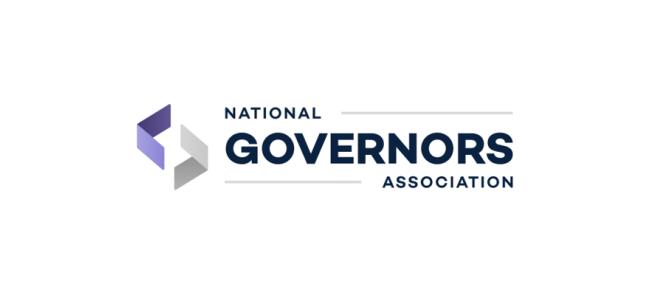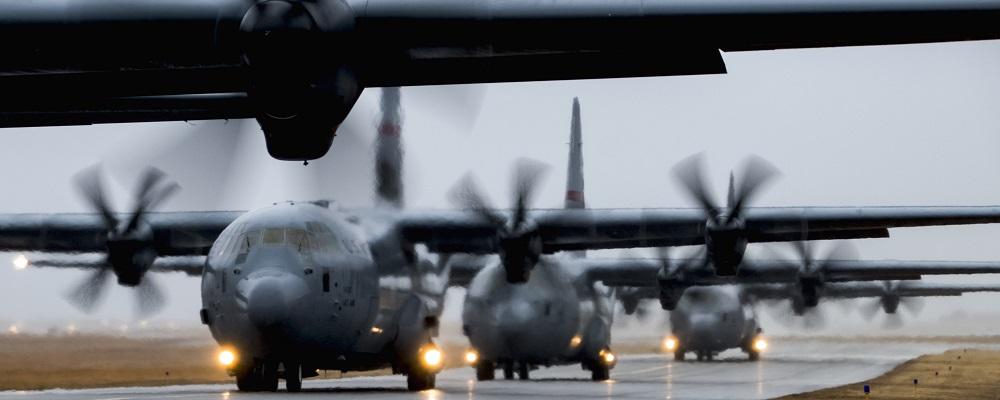
The Air Force has identified four Air National Guard units to receive new C-130J Super Hercules cargo aircraft.
Units in Kentucky, West Virginia, Texas and Georgia were chosen as the preferred locations for future aircraft, replacing fleets of aging C-130Hs.
The basing decision, which was originally delayed until after the 2020 presidential election, has been criticized by some Democratic lawmakers as political due to Georgia’s selection.
While planes for Kentucky, West Virginia and Texas are expected to be delivered starting in 2021, Georgia “will receive new aircraft if they become available in the future,” officials said.
Democrats in the House and Senate believe the latter decision “inherently politicizes the announcement amidst the ongoing Senate runoffs in the state,” said Rep. Adam Smith, D-Wash. Smith is chair of the House Armed Services Committee.
Others who have criticized the move come from states that had been in consideration for the newer planes. Each unit will receive eight C-130Js.
Kentucky is home to the 123rd Airlift Wing at Louisville Air Guard Station. West Virginia is home to the 130th Airlift Wing at Yeager Air Guard Base in Charleston. Texas is home to the 136th Airlift Wing at Naval Air Station Joint Reserve Base Fort Worth. And the Georgia unit is the 165th Airlift Wing at Savannah Air Guard Base.
The four units were among eight candidates for the cargo aircraft identified earlier this year by the Air National Guard. Other possible locations included Connecticut, Illinois, Montana and Wyoming.
The Air Force flies 309 C-130s, with just under half, or 149, flown by 17 Guard units. But the Guard fleet is significantly older, with 133 H-model planes and just 16 J-models. Some of the C-130H planes were originally built in 1971.
By comparison, the active component flies 108 J-model planes and no C-130Hs.
The H-models have been the subject of modernization efforts upgrading avionics, engines and propellers in recent years. That work continues, but is in some jeopardy due to the Air Force prioritizing the purchase of more advanced aircraft.
Of the newer planes earmarked for Guard units, 24 are already on the books. That includes 16 planes that NGAUS convinced Congress to add to defense budgets in recent years and another eight aircraft that were previously set to replace A-10 Thunderbolt II fighters in Maryland but are being redirected as Maryland retains its A-10s.
The final eight aircraft are those that have drawn the ire of Democrats who note they have not been approved by Congress.
Smith said the decision to include Georgia in the basing announcement raises questions about the motives of Air Force Secretary Barbara Barrett and veers away from the service’s original plans to announce just three locations.
“The Air Force did not need to make this decision now — plain and simple — and should delay moving forward with these basing actions until conference negotiations have concluded and the decision is not at risk of being politicized,” Smith said. “If the Air Force plods ahead, the service runs the risk of undermining the strategic basing process and may force Congress to take action to protect the basing process from being used to potentially influence congressional action or election outcomes.”
In addition to Smith, Rep. Joe Courtney, D-Conn., and Sen. Jon Tester, D-Mont., have also spoken out against the decision.
Meanwhile, members of Congress in states set to receive the new aircraft have applauded the decisions.
Sen. Joe Manchin, D-W.Va., and Sen. Shelley Moore Capito, R-W.Va., praised the selection of their state’s 130th Airlift Wing last week.
“Our National Guard works around the clock tirelessly in service to our residents,” said Capito. “It is truly great to see due recognition come their way.”
Those applauding the decision note that the newer aircraft will ensure longevity for missions in their states and help grow opportunities for Guardsmen.

